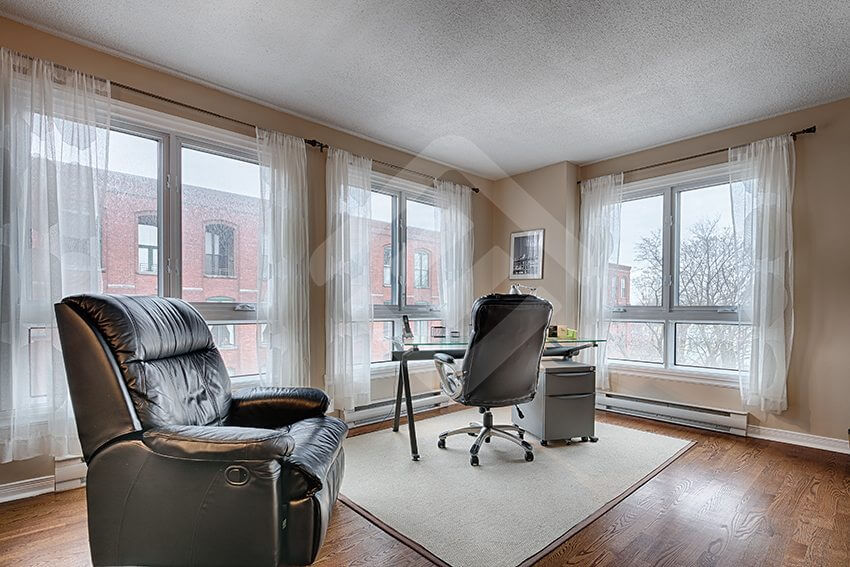Airbnb can most likely be considered the Uber of travel and lodging. Not just has it interfered with hotels and homestays, but it has forever altered the method we talk about travel and lodging.
It utilized to be that lodging meanings were basic. All accommodations was expert and leasing out your individual residence was limited to the fringe on websites like CouchSurfing and Craigslist.
Airbnb conflated all those definitions by overlapping with all of them. Airbnb made it possible to rent out an extra room or a whole house, situated in urban and rural areas, and offered for varying lengths of time.
Today, the Airbnb model is one (particularly controversial) model among many. Joining it are listing sites that link tourists to business real estate systems-- homes, apartments, and houses rented out to business travelers looking for extended stays.
To learn about the key differences in between Airbnb and business real estate, take a look at the following short article.
Professional Ambiance
Airbnb is all about belonging where you take a trip. The concept of business is that you can live like a local and delight in an unique trip.
This means that they choose to do away with having expert property managers on their platform. They have actually gone so far as to enforce a "one host, one listing" policy, getting rid of numerous listings from their platform as a result.
Airbnb hosts that provide a full listing only lease that noting out for part of the year, living there the rest of the time, according to AirbnbCitizen. This means that Airbnb has to do with experiencing a regional destination by staying in someone's house-- it puts less concentrate on an efficient, professional area and more on immersion.

Corporate real estate, on the other hand, puts a premium on providing areas where busy travelers can get work done. These aren't individuals's home or sublets-- they're systems rented out with the objective of supplying travelers with a main office. This type of housing warranties privacy and very little distraction.
Distinctions in Service
With Airbnb, service is provided by a personal person. The advantage of this is that you will get an individual experience and live a local's life and viewpoint. However, a private person may not be trained or capable of supplying a quality hospitality experience. This implies that you will get an extremely personalized experience, but there might be missteps or peculiarities throughout reservation or throughout your stay.
Corporate housing, on the other hand, is helped with by an intermediary (generally a listing site, like 2nd Address). While the unit supplier might be a private individual, the experience from reserving to (goodness forbid) dispute resolution is handled and managed by a business that values professionalism. Compare the best corporate real estate sites yourself.
Liability
Airbnb is travelling in uncharted territories. This raises many insurance questions. If there is a problem in an Airbnb, who is accountable for the concern? Insurance sometimes has exceptions from coverage for home sharing-- so will insurance cover an issue? Airbnb offers some insurance product, but there are numerous questions about what that product really safeguards. There have actually not been any high profile liability cases with Airbnb yet, so the danger is low, however injury lawyers are thrilled about attempting such cases. The NY Times recently wrote a short article on visit website Airbnb and liability.
Corporate housing is a recognized organisation design with clear insurance protection. Problems occur that raise liability, but companies in this area bring insurance coverage and business and personal policies also cover this kind of stay.
Pricing
Airbnb is priced nightly with a month-to-month discount. Business housing, on the other hand, is typically priced month-to-month. Even with the regular monthly discount on Airbnb, it often turns out to be more pricey than services that mainly provide extended stays.
Rental Laws
Since Airbnb is short term, the reservation procedure is developed to be as similar to booking a hotel as possible. It typically begins with the guest messaging the host, followed by the booking procedure occurring online. For stays shorter than 30 days, hotel law applies to the booking-- meaning the visitor will need to pay hospitality tax on your stay. If one were to remain longer in an Airbnb, rental laws will apply.
Because business housing is regular monthly, a various law applies. For any stay over 30 days, tenant-landlord law kicks in and real estate law uses. A lease is required to cover all of the special liability and laws around 30+ day stays and secure both the provider and their renter.
Conclusion
If you're an organisation traveler, we hope it helps you choose which sort of housing works best for your accommodations needs.
For more information contact:
EnVille
2700 Rue Rufus Rockhead Suite 107
Montréal, QC H3J 2Z7, Canada
+1 (514) 931-7030
Follow us:
Yelp